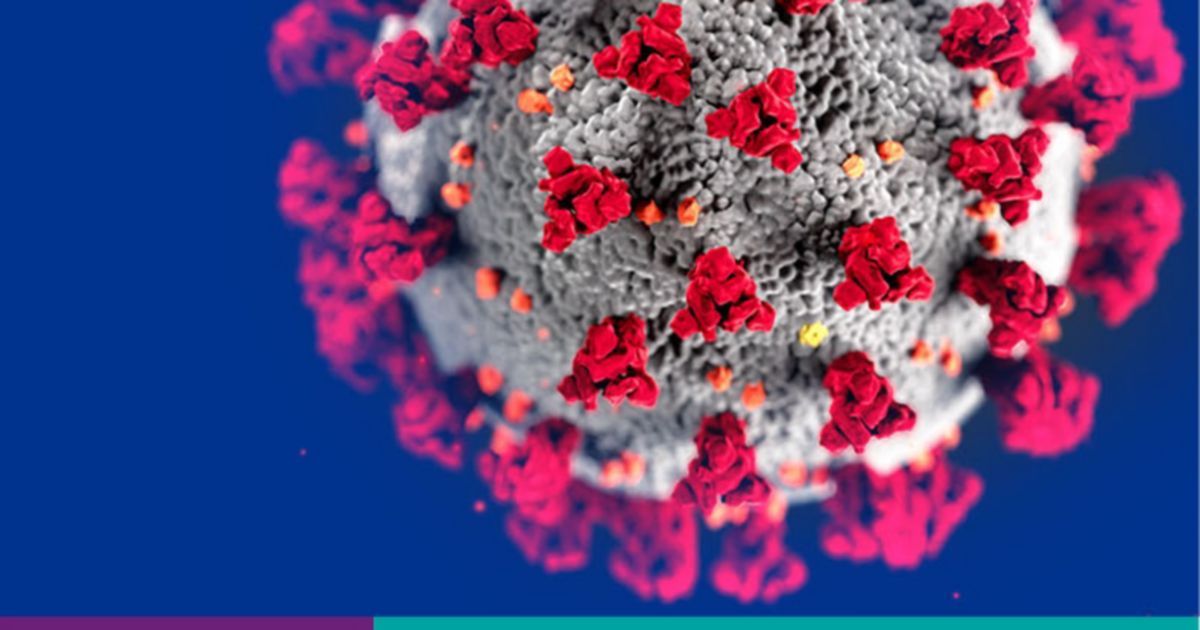
Gain-of-function research continues to be contentious, and some scientists continue to blame it for the COVID-19 epidemic. A new law has been presented in Texas that would prohibit government money from being used for this type of research.
A bill to “ban institutions of higher education or entities receiving public funds from conducting gain of function research on potentially pandemic pathogens” was introduced by Texas State Senator Bob Hall (R) on Monday. Republicans at the federal and state levels have voiced worries about the National Institutes of Health sponsoring coronavirus experiments at the Wuhan lab, where the FBI and Energy Department believe COVID-19 most likely originated from a lab breach.
“There are some that are concerned that the COVID-19 virus was a product of gain-of-function research and that steps need to be taken to prevent another such pandemic,” Hall said in his explanation of the proposal. “This bill would define the gain of function on potentially pandemic pathogens and prohibit institutions of higher education in Texas from conducting this type of research.”
This month, Dr. Robert Redfield, a former director of the Centers for Disease Control and Prevention under former President Donald Trump, testified that it was likely that research on gain-of-function, a factor in the development of SARS-CoV-2, was supported by tax monies from the United States.
Redfield stated in court that gain-of-function studies on coronaviruses were “absolutely” carried out by the Wuhan lab and that there was “no doubt” that the NIH was supporting such studies.
“While many believe that gain-of-function research is critical to get ahead of viruses by developing vaccines, in this case, I believe it was the exact opposite — unleashing a new virus to the world without any means of stopping it and resulting in the deaths of millions of people,” he said.
The action follows the April 2020 investigation by Trump’s Education Department into the University of Texas (UT) and its financial ties to the Wuhan Institute of Virology (WIV), which was conducted as part of a larger inquiry into foreign funding from China and other nations on American schools.
The Galveston National facility (GNL), which in turn had “substantial contractual relations” with a maximum biocontainment facility in Wuhan, was run by UT’s Medical Branch (UTMB), according to the letter. The WIV was that Chinese government lab.
It was discovered in April 2022 that the GNL at UTMB and the WIV had a contract for scientific cooperation, with the Chinese facility having the right to request that the Texas lab “destroy” any “secret files.” The late 2017 memorandum of understanding, which was signed by UTMB “coordinator” James LeDuc and WIV “coordinator” Yuan Zhiming, was made public by U.S. Right to Know.
Rep. Chip Roy (R-TX) questioned LeDuc in a letter dated July 20, 2022, for clarification and expressed concern that “it is concerning that any public institution receiving federal government funding would enter into a cooperation agreement with an entity controlled by the Chinese Communist Party.”
Eight additional Republican senators joined Sens. Roger Marshall (R-KS) and James Lankford (R-OK) in reintroducing the Viral Gain-of-Function Research Moratorium Act in the U.S. Senate in January 2023.
In June 2021, House Republicans promoted the analogous Foreign Gain-of-Function Research Prevention Act. Rep. Brad Wenstrup (R-OH), who is currently the head of the House Select Committee on the Coronavirus Pandemic, served as its leader.






